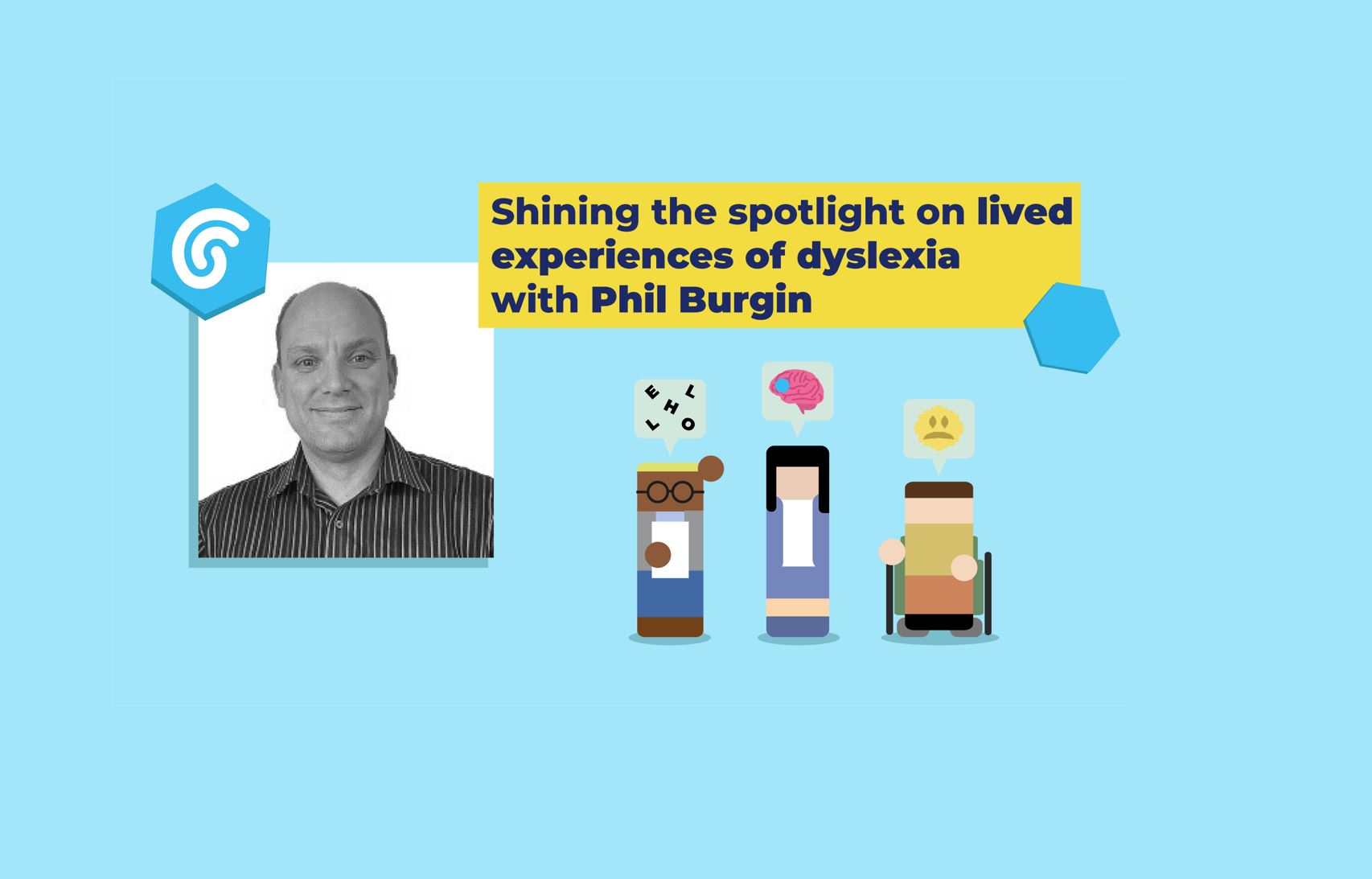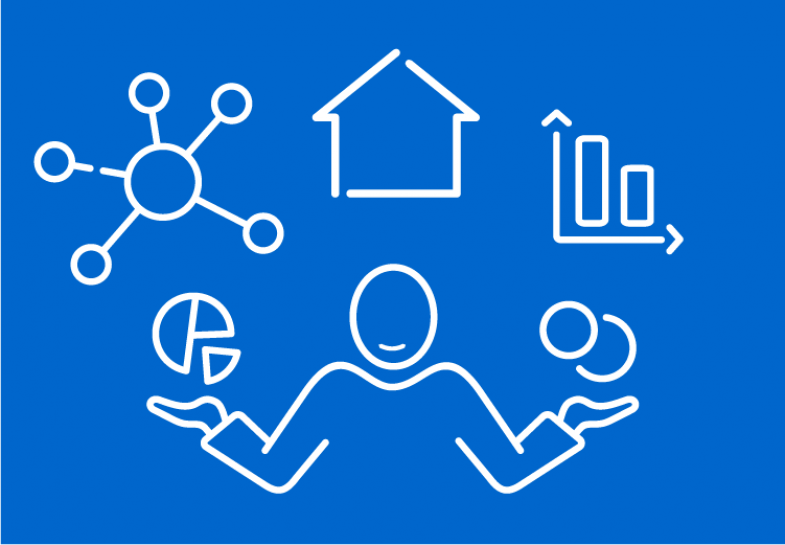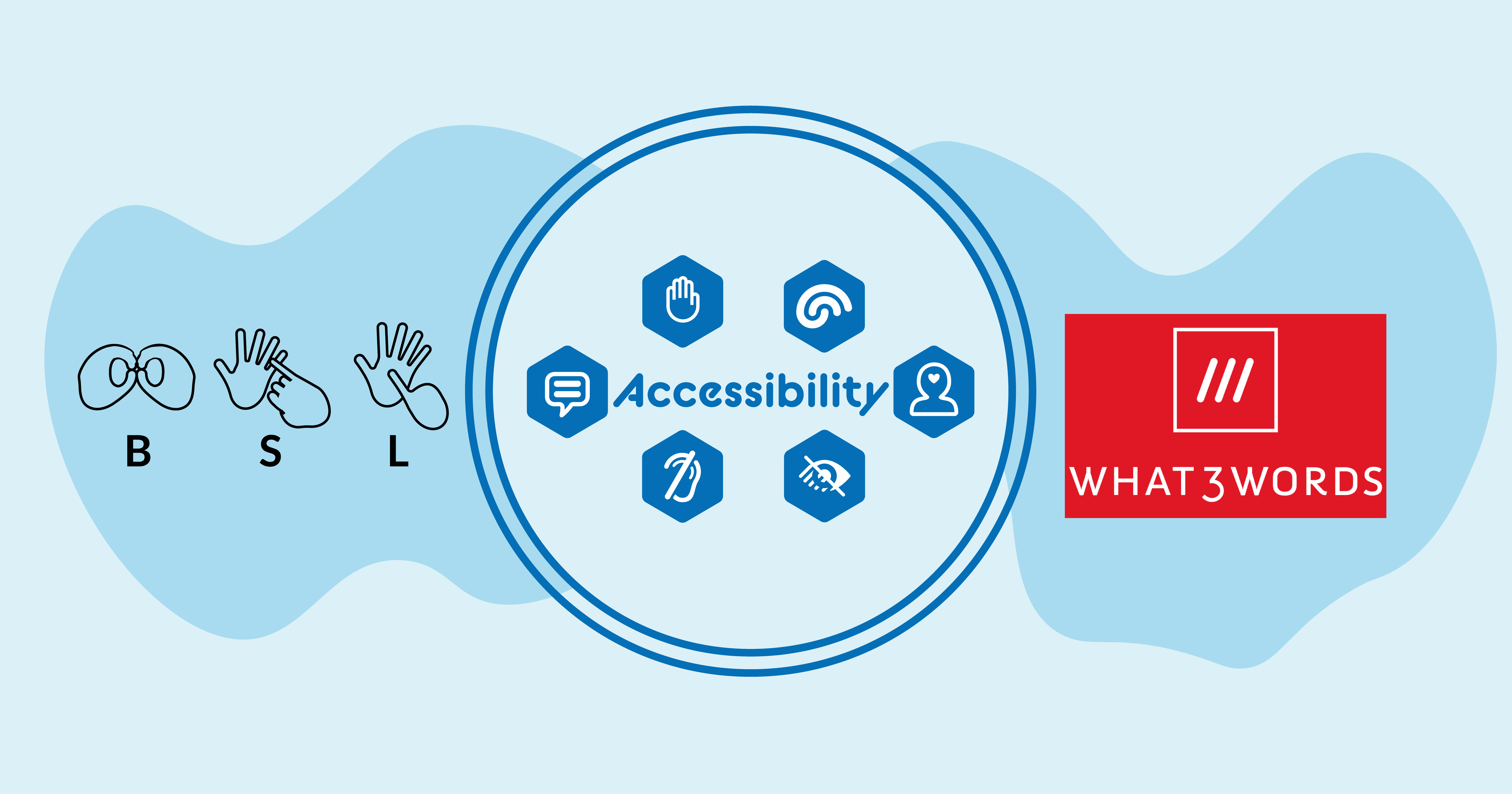REPORT: Study that reveals there are six factors of mental wellbeing could hold the key to supporting HE in new era of teaching and learning.
As our latest study reveals the factors impacting mental wellbeing and how we can improve them, we spoke to Higher Education students and professionals to hear first-hand about their experiences over the pandemic and share how our findings could support the new learning approach of the future. Read the special report here.
A new era and a new challenge for higher education
For the last two years the world has harked back to life pre-COVID-19 times, however as the dawn of a new era beckons, it’s becoming clearer that world is not going to go backwards. A recent consumer report showed exactly that; people have adapted to a new, digital-first landscape. Therefore in order to be successful, organisations in all sectors and industries, need to prepare for the future instead of trying to recreate the past (Qualtrics XM Institute, May 2021).
In the higher education (HE) sector this new era looks increasingly hybrid: using a mix of both on-site and remote learning. This was borne out of the need for campus closures and digital classrooms, but unfortunately also comes hand-in-hand with one of the biggest challenges that will remain post-pandemic, which is supporting mental health.
Data from the Office of National Statistics (ONS) and COVID-19 UK Student survey from Save the Student both showed that student mental health is declining at a worrying rate. More than half of students in the UK reported their wellbeing and mental health has worsened due to the Covid-19 pandemic. There has also been an increase of 450% of students declaring a mental health issue on their UCAS application over the last decade, and UCAS say there is still more to be done in removing the stigma surrounding such a declaration, as they believe this statistic should be higher (Starting the Conversation: UCAS report on student mental health, June 2021).
George, a first-year student at the University of Sunderland, has had to seek support from her university after the pandemic took a toll on her mental health. She said:
“Lockdown left a lot of us feeling lonely and isolated after being put into a situation that was completely alien to us. As I have been living alone, my whole first-year experience has been relatively quiet, and I haven’t made many friends at Uni outside of my course. I have been lucky enough to be able to come home to Cumbria during lockdown, which has been amazing for my mental health as being alone can be quite challenging. I have accessed support from the Disability Services team in relation to my mental health, and they have been amazing throughout the process. I am currently getting a support plan put in place so that my lecturers can support me with my mental health struggles.”
Here at Learning Labs, over the last 18 months, we’ve noticed more and more students like George who are citing mental health conditions as their reason for applying for Disabled Students Allowance (DSA). Recognising this as a symptom of the student mental health pandemic, we worked in partnership with New Economic Foundation (who have previously worked with NHS and Mind) to study the underlying factors responsible for mental wellbeing and improve them.
Speaking of why the pandemic has impacted student mental health, Rosie Maguire, New Economics Foundation Associate, said:
“As we move through the different stages of our lives, we encounter changes and challenges that evidence shows can impact our mental wellbeing.”
“Students starting university often go through these life-change events all at the same time; moving house, navigating independent living, becoming financially (more) independent, starting a new course, making new friends etc. Combine this with doing it all in the face of a global pandemic and the unprecedented challenges that also come along as a result, and it becomes very easy to see how this segment of young people are struggling right now.”
Our study revealed The Six Domains of Mental WellnessTM and how six factors impact our overall mental wellbeing, which includes our emotional, physical, social, motivational, intellectual and spiritual wellness. We wanted to speak to HE students and staff directly, because by applying this Six Domain concept to the current challenges facing HE, each domain has a part to play in supporting the transition into a ‘new normal’ this coming autumn term.
Campus closures, moving home & the digital classroom.
So, what factors have triggered a new way of teaching and learning? Estimates made earlier this year suggested almost half of the country’s students were receiving their tuition online, as universities across the UK took measures to shut down campuses to prevent the spread of the virus.
Eve Howarth, a second-year fashion student at the University of Sunderland said:
“I’ve missed being able to go into Uni and just sitting and getting on with work independently in a space where you feel productive. I really loved them days where I didn’t have things on but would still go to Uni and sit and be productive all day! At home, I don’t have that same motivation.”
Hannah Layford, an Academic Tutor at the University of Sunderland, said:
“Over the pandemic, we’ve tried to ensure that students feel connected, and I know myself and my colleagues have put in a lot of additional work to create useful resources for students to access from home. However, we are noticing that the impact moving home and giving up their space in student accommodation has had a big impact on students mental wellbeing and sense of independence.”
Anna Maria Haida, a Cypriot national currently studying in her final year for BSc (Hons) in Marketing at Newcastle University, remained in the UK as the country went into lockdown and international borders closed.
Speaking of her experience, Anna Maria said:
“I didn’t choose to stay in the UK. I had no other option because the borders were closed. For now, I decided to come back because I knew many of my friends would be at Newcastle so that I wouldn’t feel alone. At first, the idea of studying from home didn’t sound that bad. However, it took only a month to realise the opposite was true. Not interacting with my lecturers, classmates, and people in general, made me feel super lonely. I would say it led to depression after some months. This made me miss my home and family, so I became homesick, and due to restrictions in Cyprus, I had no other option than to stay in the UK.
“The digital classroom felt less insightful and less meaningful for sure. It was as if I was doing recaps, and that was it. Even though we had some seminars, most of my classmates were not responding when we had break-out rooms to discuss. Also, I felt discouraged and intimidated to ask questions etc for some reason. No one had their cameras on, and no one was speaking except the lecturer, so there weren’t really any interactions.”
Louisa Rogers, a lecturer at Northumbria University, said
“I didn’t choose to stay in the UK. I had no other option because the borders were closed. For now, I decided to come back because I knew many of my friends would be at Newcastle so that I wouldn’t feel alone. At first, the idea of studying from home didn’t sound that bad. However, it took only a month to realise the opposite was true. Not interacting with my lecturers, classmates, and people in general, made me feel super lonely. I would say it led to depression after some months. This made me miss my home and family, so I became homesick, and due to restrictions in Cyprus, I had no other option than to stay in the UK.
“The digital classroom felt less insightful and less meaningful for sure. It was as if I was doing recaps, and that was it. Even though we had some seminars, most of my classmates were not responding when we had break-out rooms to discuss. Also, I felt discouraged and intimidated to ask questions etc for some reason. No one had their cameras on, and no one was speaking except the lecturer, so there weren’t really any interactions.”
Autumn term: the hybrid learning approach
As the autumn term approaches over the next few months, many UK universities are looking towards this hybrid approach to learning becoming the new normal for many students. While the digital classroom is undoubtedly the safest option for universities to protect students from the risk of infection when they return to campus, this model still poses challenges. As our interviews identified, there are still many issues that need addressing. Namely, how engaged students are and how much this impacts students’ clear desire and need for social interaction with their peers.
Our CEO here at Learning Labs, Andy Gough, hopes the findings of this report can help universities to navigate through these unprecedented times, he said:
“We know that conversations on mental health are becoming more commonplace, but it can still be quite tricky for students to know how to check in with themselves and understand how they’re doing. The crucial resolution here is to empower individuals with the knowledge of how to improve how they’re feeling. Based on the findings of our study into mental wellness, we created a new piece of software called Learning Labs Plus. The tool enables students and staff to learn about mental wellness, check their mental health regularly, and take action with interactive tutorials that maintain and improve mental wellness – and are designed bespoke for a higher education environment.
“For universities, we can provide them with an oversight log in to see an at-a-glance summary of how their total student and staff population are feeling as well as highlight specific wellness domains that may be impacting them the most. For instance, we may see the Social Domain is looking low, then the university may want to reach out by promoting online social clubs, and we could create a bespoke Lab on ‘finding your tribe at uni whilst learning remotely’.”
Jenny Wotherspoon, lecturer and programme leader at the University of Sunderland, said:
“I can definitely see how it could be helpful for students to start to break down those different aspects of their mental health and identify which bits they need to improve. To tackle each part individually makes it more manageable to put processes in place to become more resilient.
“Mental health and mental resilience issues have always been widespread among my students and I’ve seen this increasing over recent years, but this year the pandemic has undoubtedly exacerbated this. For students who have found ways of managing their mental health, this year has been particularly challenging due to the fact they’re not getting that social interaction, so the social wellness domain I think has been the tipping point through the pandemic for students who are already struggling in the other domains identified in this research. Self-motivation is something we constantly battle to instil in students as this has a direct impact on academic success and employability too, but is another area where students have identified that they’re struggling this year. So they’re already showing awareness of some of these domains of mental health themselves.”
Methodology
The Six Domains of Mental Wellness™ has been created by e-learning specialist Learning Labs in partnership with the New Economic Foundation. You can access the official research study behind this concept here, including detailed methodology. Interviews with Higher Education professionals and students in the above report have been conducted over email, with both asked for their thoughts regarding university life throughout the pandemic and, having been provided with details of the study’s findings, how they felt this supported their feelings and/or experience of the pandemic.
Other blog articles














